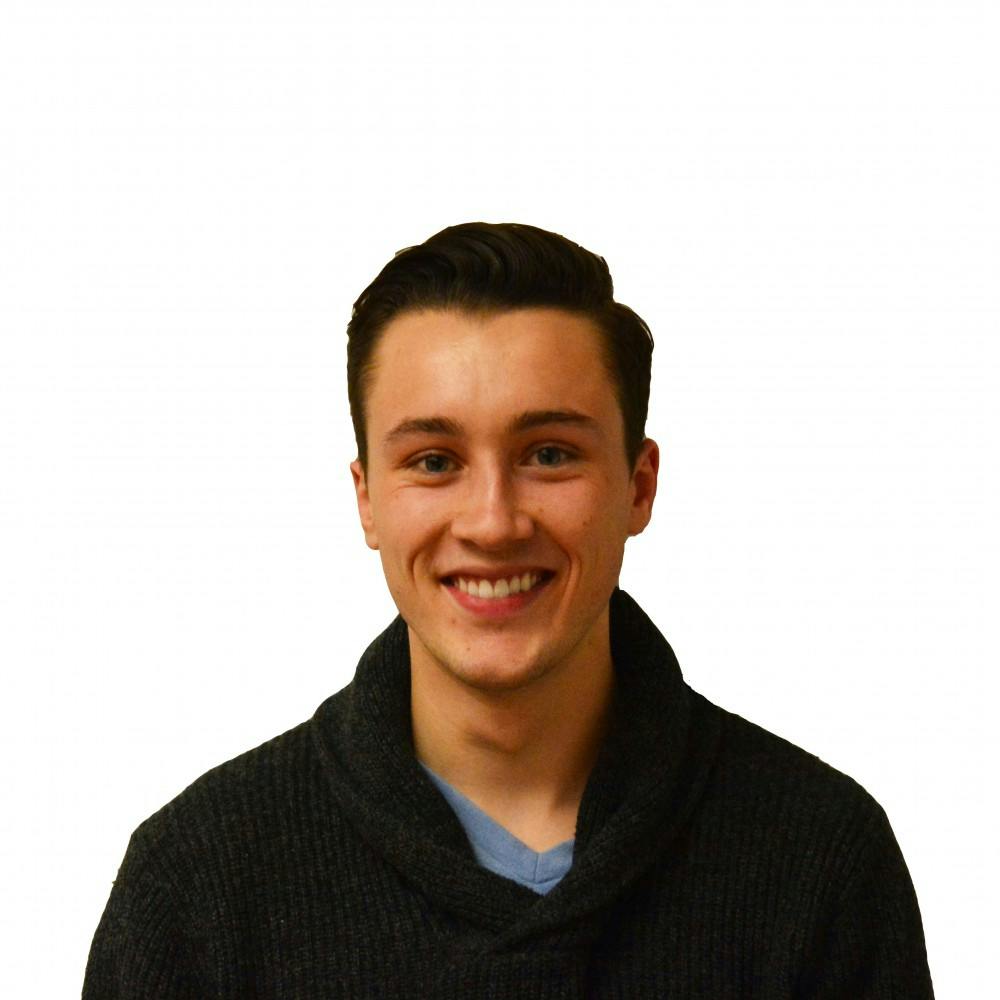Our country faces a crisis that begins with the letter “D.” No, it is not our President-elect Donald Trump. It is division.
America has seen both soaring heights of unity and despairing depths of division. From the bitter battles of the Civil War, to the landslide, bipartisan passage of the Civil Rights Act in the 1960s, our country is likely neither in the best nor the worst of times. However, we are experiencing something which feels new: a creeping type of division that is slow and gradual but perhaps the most dangerous of all. It is our deep distrust of one another.
It’s been said that our political system is broken. Some suggest that political dysfunction is to blame. One of our peers at the University of Chicago posited that it may be a lack of trust in our democracy. But there is something even more basic at play here. We must learn to trust one another before we can ever trust in our institutions, and we are failing to do so today.
The answer to this lies in overcoming our tendency to assume the worst in others.
Why do we distrust one another? An article a couple years ago in the Proceedings of the National Academy of Sciences (PNAS) found that people experience “motive attribution asymmetry,” meaning we assume our own ideology is based in love, whereas the “other side” acts out of hate. Imagine that! Many of us walk through life believing that our own motives are based on love for country and care for one another, whereas others are motivated by hate and malice.
That Republican walking down the street? She hates gays and poor people. That Democrat in your class? He can’t stand Christians and small-business owners. We can’t possibly imagine that someone’s policy disagreements could be driven by love, resulting from a different set of values from our own.
“Irreconcilable differences, right?” asked American Enterprise Institute (AEI) President Arthur Brooks in a TED Talk on this topic. “Wrong,” he concluded, “That is diversity in which lies our strength.” But he goes on to say, “First, let’s be honest: There are differences. Let’s not minimize the differences. That would be really naive.”
How can we overcome our differences? Perhaps most surprisingly, the PNAS article found similarities between Americans and the Israeli-Palestinian crisis. Over winter break, I witnessed this in person when I traveled to Israel on a political mission and visited the West Bank. While in the major Palestinian city of Ramallah, we heard from an expert at the Palestinian Center for Policy and Survey Research.
This expert explained, surprisingly, that a majority of Israelis and Palestinians believe in a two-state solution, but peace is impeded by the fact that each side distrusts the other and underestimates its willingness to compromise. That is to say, each side itself wants to compromise and wants peace, but believes the other side does not. Sound familiar?
There is hope. If the polling is accurate, the very fact that a majority of both Israelis and Palestinians are willing to compromise means that peace is possible. And if conciliation is possible in one of the world’s most complex conflicts, surely it is possible in the American setting. But in order for compromise to occur in either of these contexts, we must actively seek to overcome biases.
This must occur even and especially on the issues we hold most dear. Perhaps it’s income inequality, abortion or racial politics; when someone disagrees with us, we must seek to understand how their views could be motivated by love, and not by hate. We must, as President Obama said in his farewell address, presume “a reservoir of goodness in others.”
This may not be as hard as we think. Religious people believe that all humans, though broken, are ultimately created in the image of God, while secular progressives and humanists generally believe that humans are inherently good creatures. We have the tools to believe and trust one another.
Let us all recognize that our tendency to see the worst in others is dangerous and self-defeating. Our political enemies here in America are our fellow citizens who love our country equally, and deserve its blessings as much as we do. My hope is that we can all see that we have more in common — that there is more that unites us — than could ever divide us.









